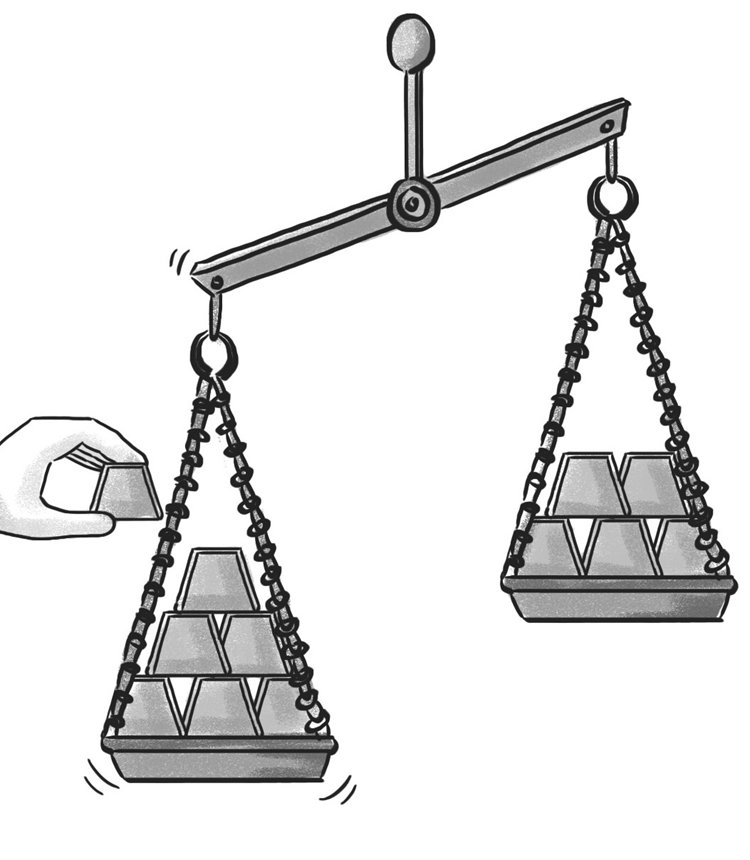HOME >> BUSINESS
CEEC divided over use of Huawei’s 5G technologies
By Wang Jiamei Source:Global Times Published: 2019/10/21 20:03:40

Illustration: Xia Qing/GT
Central and eastern European countries (CEEC) appear to be divided over attitudes to Huawei's 5G technologies.
The Fourth China-CEEC Conference on Innovation Cooperation, which concluded in early October in Serbia, saw China's 5G technologies become a focus of attention among participants. Although a number of CEEC countries have expressed strong interest in Huawei's 5G equipment, the US is pressing them to take sides over 5G development.
In one group there is Poland, which just signed an agreement with the US in early September to cooperate on new 5G technology.
Apparently, Poland is set to align itself closely with the US on the 5G issue. Meanwhile, the Czech Republic is also very likely to exclude Huawei from its next-generation infrastructure, given its frequent accusations about the Chinese company's cybersecurity.
On the other side there is Hungary, where Huawei has been invited to participate in the development of 5G infrastructure, along with a slew of other central and eastern European nations, despite the US blockade over potential security concerns.
Known as the next generation of wireless technology, 5G is expected to have a profound impact on countries' economic performances. According to a report by Qualcomm and IHS Technology early in 2017, 5G could enable $12 trillion in economic output across the world by 2035 and add some 22 million jobs.
However, the divided attitudes among European countries about cooperating with an established 5G equipment provider show how each makes policy choices when faced with US pressure. Some choose to accelerate the construction of network infrastructure, while others prefer to stand on the US side, disregarding the fact that there is no evidence of a "back door" to Huawei for the Chinese government, and though major US internet companies are known for spying on clients, as revealed by whistleblower Edward Snowden.
Despite the setbacks in some countries, Huawei's 5G equipment has been gaining popularity and recognition from more and more countries. According to the company's latest quarterly results released on Wednesday, it has thus far signed more than 60 commercial contracts with global carriers for 5G networks around the world. It has been under the US ban that Huawei achieved such results, which further underlines the growing acceptance of its advanced 5G technologies.
In the meantime, those that treat Huawei fairly can embrace the next-generation 5G technology earlier. For instance, Hungary is expected to launch 5G networks before the end of this year, according to a recent Reuters report citing International Telecommunication Union Secretary-General Zhao Houlin. By comparison, the introduction of 5G technology in countries aligning with the US is set to be delayed, as US operators are still lagging behind Huawei in their readiness to deploy 5G. It is neither China nor Huawei that is causing such splits among central and eastern European countries; it is these countries' political alignments with the US that have politicized a business issue for some, to the detriment of Chinese companies.
The US is pressing its allies to boycott Huawei's 5G equipment in an apparent bid to win some time for the US' 5G products to catch up. But the extra costs of lost time and opportunities will be transferred to end users in countries whose governments fail to treat Huawei fairly.
The author is a reporter with the Global Times. bizopinion@globaltimes.com.cn
Posted in: INSIDER'S EYE